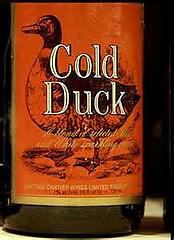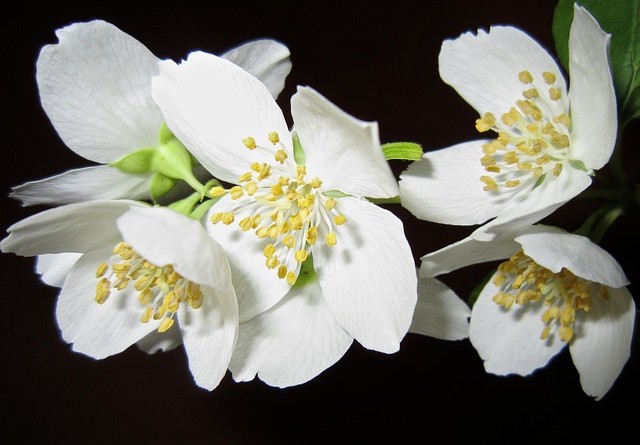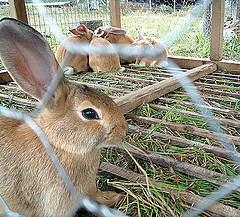
 More below freezing days and absolutely frigid nights on my homestead this week. I keep reminding myself that despite the title of “North” in my chosen home of North Carolina, we’re still ‘officially’ considered the south. But if February turns out to be colder than Alaska (which January has been this year), I’m going to be putting a lot more thought into Costa Rica in my old age…
More below freezing days and absolutely frigid nights on my homestead this week. I keep reminding myself that despite the title of “North” in my chosen home of North Carolina, we’re still ‘officially’ considered the south. But if February turns out to be colder than Alaska (which January has been this year), I’m going to be putting a lot more thought into Costa Rica in my old age…
When we first got the kids – a.k.a. the girls, our two pekins purchased at Tractor Supply as little yellow peeps for the youngest grandchildren a couple of years ago – we became studious consumers of duck facts and duck lore and ‘How To’ information on how to help them live for awhile longer than just Easter week. By last winter they were all feathered-out, white as snow for a winter in which we got no snow, and delivering 2-4 delicious free-range duck eggs per day. And it wasn’t anywhere near as cold as this winter has turned out to be.
My little bit OCD husband fretted and worried all that winter long that his poor ducks were going to freeze to death if it got down into the 20s at night. I pooh-poohed that by reminding him that they’re wearing duck down coats, which are rated to be toasty to well below zero, work even better than fur coats like our dogs and cats wear. Even better, they repel water. All that might get really cold are their feet, and they can always just sit on those for awhile, right?
Well, this winter it’s a whole lot colder, and we were advised by the “Duck Lady” at Tractor Supply when we bought our last 50-pound bag of duck food that sure enough, if it gets below 10º at night, they do need that heat lamp we got when they were just peeps, in their comfy big coop with the door closed overnight. They’ve adjusted okay to the light, and now the biggest challenge is keeping liquid water in their pen’s bowl for long enough to drink before it freezes solid.
Today I found a nice article from Countryside Magazine entitled Managing Livestock in Winter Conditions. Author Robyn Scherer, M. Agr., is a regular fond of good information talking about everything from prepping for winter before it happens, to details on shelter, wind protection, bedding, water, food, supplements, hoof care, exercise and particularly bad weather. Keeping animals old and young and of many species healthy during the high stresses of the winter season.
If your homestead boasts livestock of any variety – or you are planning to add livestock in the future – check out Countryside’s informative article so you’ll have the lowdown on how best to get your animals through the winter happy and healthy.


